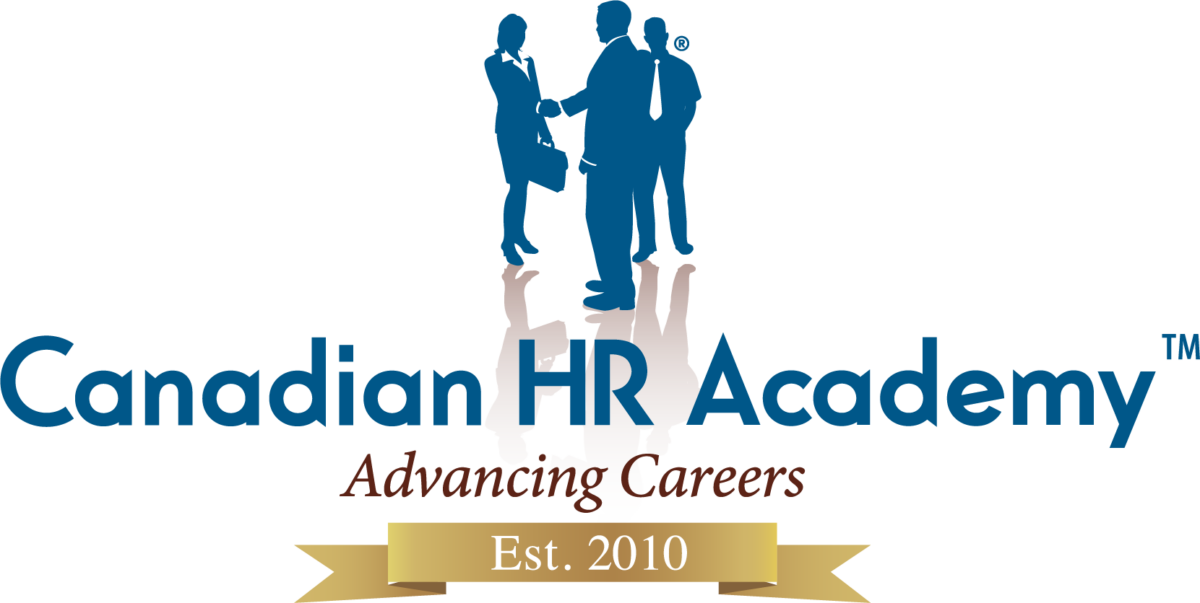The world of work is evolving at a breakneck pace. From rapid technological advancements to shifting workforce expectations, People & Culture professionals are under increasing pressure to go beyond traditional administrative tasks and step into strategic roles. Today’s People & Culture leaders must not only respond to disruptions but also anticipate and shape them. Re-imagining the People & Culture function means becoming architects of organizational success, guiding both people and business strategies with equal focus.
One of the most significant disruptions facing People & Culture function is the rise of AI and data analytics. These tools have revolutionized recruitment, talent management, and performance tracking. Yet, technology is not the solution on its own, it’s the People & Culture professional’s ability to blend data-driven insights with a deep understanding of human needs that creates a lasting competitive advantage. People & Culture leaders must learn to use AI to predict workforce trends, personalize employee experiences, and align talent strategies with business growth.
Another crucial area of focus is agility. The organizations that thrive in disruptive environments are those that can adapt quickly to change. The People & Culture function plays a critical role in building this adaptability by fostering a learning culture, encouraging innovation, and empowering leaders to embrace continuous improvement. This requires People & Culture professionals to rethink outdated processes and policies that no longer serve today’s fast-moving workplace.
Employee experience is also at the heart of re-imagining the People & Culture function. With hybrid work, rising mental health challenges, and changing career expectations, employees now expect workplaces to be both flexible and supportive. The People & Culture function must create environments where employees feel connected, valued, and inspired, regardless of where or how they work. This shift requires more than engagement surveys; it calls for listening deeply and acting decisively on employee feedback.
People & Culture leaders who embrace disruption as an opportunity are poised to redefine the workplace of the future. Those who remain reactive risk being left behind as the world of work continues to transform.
The Canadian HR Academy Team
